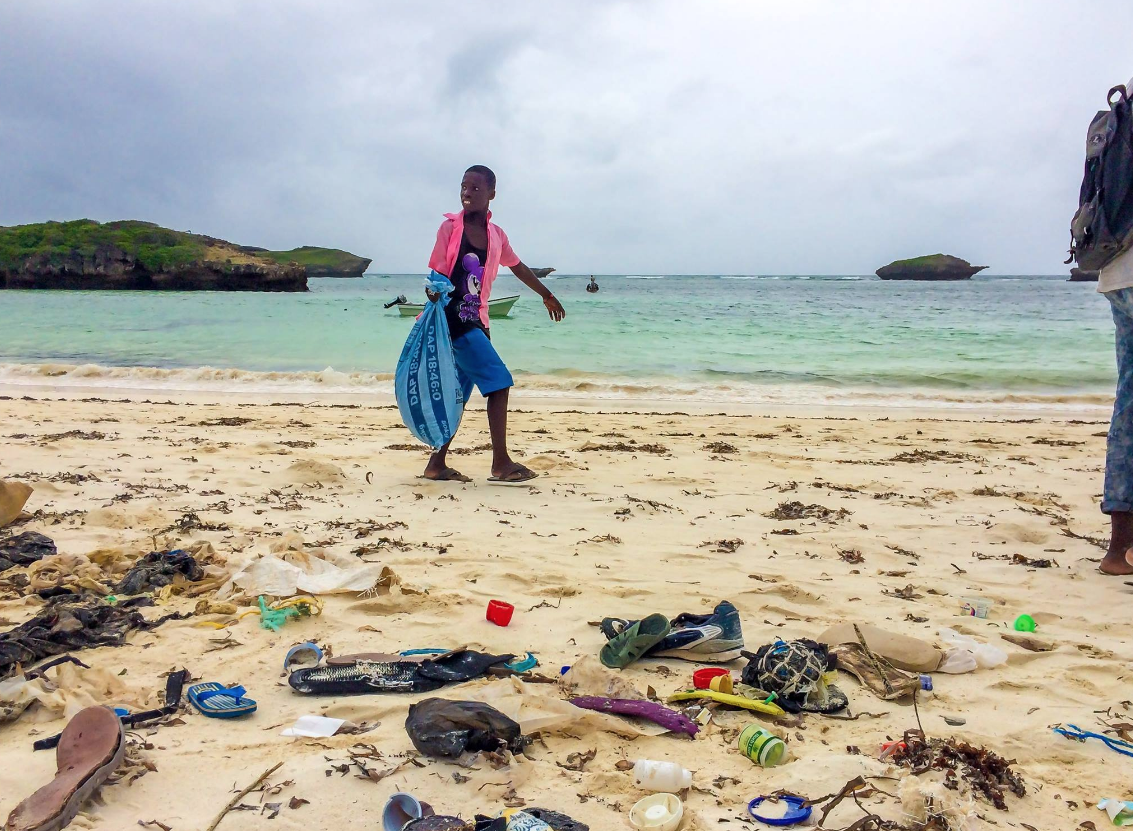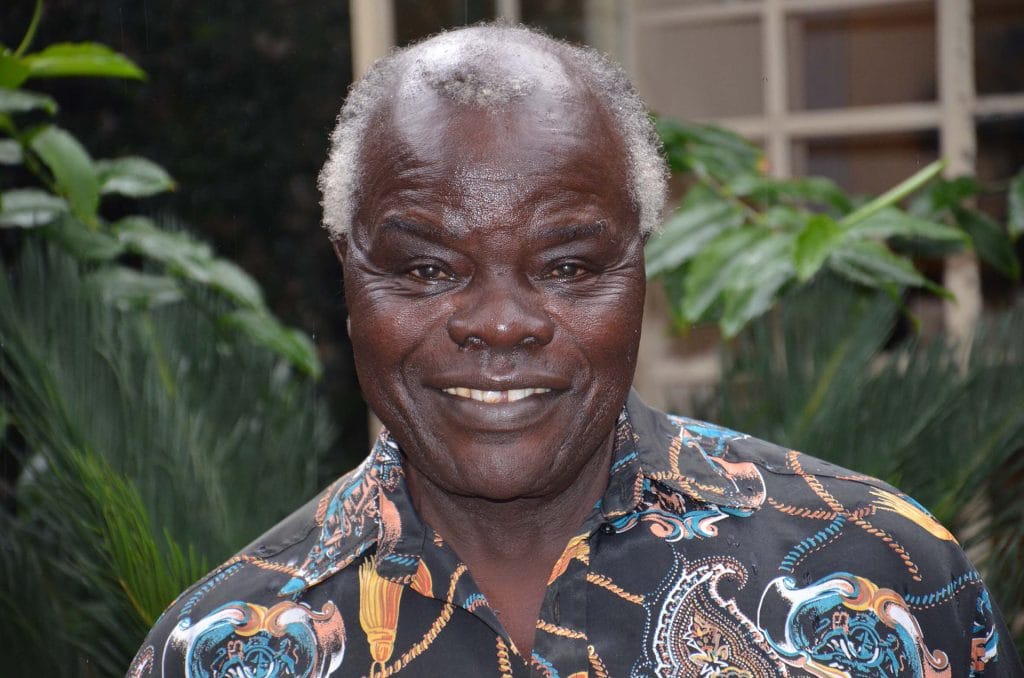President Uhuru Kenyatta has outlawed the usage of plastics in the national parks, forests and beaches in a bid to curb the plastic menace to the environment.
The president made the announcement on World Environment Day while in Vancouver, Canada where he addressed the opening plenary of Day 3 of the Women Deliver 2019 Conference.
The ban will become effective on 5th June 2020.
“We are announcing another ban on single use plastics in all our protected areas, including: National Parks, beaches, forests and conservation areas, effective 5th June, 2020,” said President Kenyatta.
Tourists, local and foreigners, to beaches, forests, national parks and conservation areas will be barred from accessing the protected areas with disposable plates, cups, straws, spoons, forks and water bottles.
The ban comes two years after Kenya banned the use, manufacture and sale of environmentally harmful plastics, polythene bags and packaging materials.
{ Read: Creative ways Kenyans are coping with plastics ban }
However, the National Environmental Management Authority (NEMA) recently raised red flags over the the return of plastic bags in the country from the neighbouring country Uganda.
The agency has re-embarked on public sensitisation meetings targeting key market places, hawkers and traders to create awareness on the ban and consequences of being found in possession of the outlawed products. It is further considering banning the use of other plastic materials in the country.
In 2017, Kenya joined 40 other countries in the fight against ocean and sea pollution as part of interventions to roll back the consequences of an increasingly polluted planet.
The country signed to take part in the United Nations Environment #CleanSeas campaign that aims at countering the torrents of plastic trash degrading oceans and seas and endangering the life they sustain.
About eight million tonnes of plastic are dumped into the Indian Ocean yearly, according to the UN Environment Department.
Tonnes of water bottles and other plastic waste is collected from oceans, especially during coastal clean-up days.
Plastics have also been found in marine animals’ stomachs.
{ See Also: Firms seek Kenya’s next plastic waste management innovator }













Leave a comment